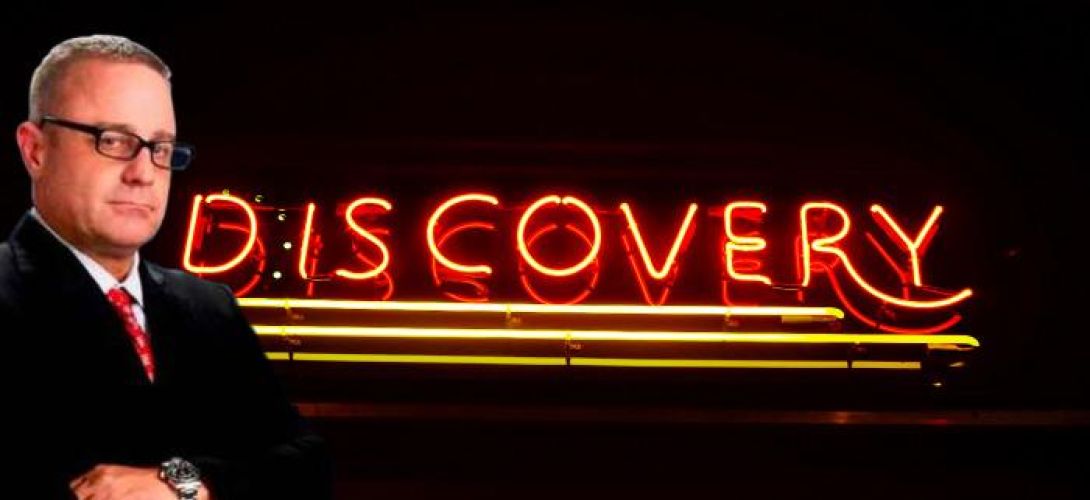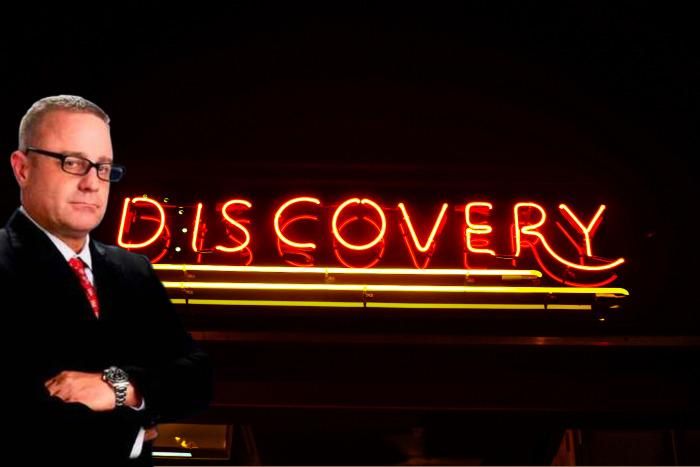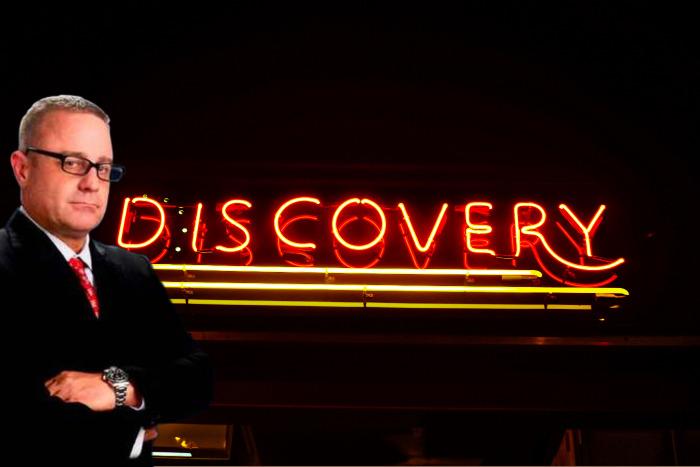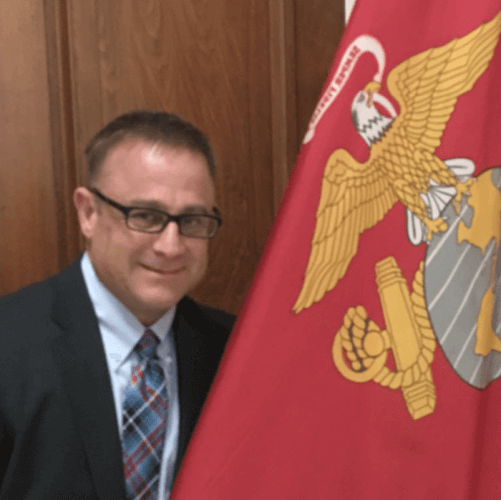
Why Are Experts Important in Many Personal Injury Claims?

Why Are Experts Important in Many Personal Injury Claims?
Experts and Injuries, Proving Your Causation, Liability, Damages

An “expert” is defined as A person with specific knowledge, understanding, skill, and experience in a particular practice, methodology, modality, or education. Personal injury lawyers often hire various experts to help them prove certain aspects of their cases, such as duty, breach of duty, causation, and damages.
A “lay” or “fact” witness is only allowed to testify as to the facts. For example, they tell a jury what the defendant said, what the plaintiff said, or what they heard someone say. Contrast these with experts. Experts are allowed to use their special training, education, knowledge, experience, and skill when testifying. In other words, they can give an opinion about whether it is more likely than not that the causes and effects of a personal injury were connected to and caused by the defendant’s conduct.
Typically, there are two classifications of experts in a personal injury case.
- Consulting experts – This expert will advise and guide plaintiffs and their lawyers regarding any technical issues in the case. And that advice can let a lawyer know if it’s wiser to settle or go to trial for a win.
- Testifying experts – Conversely, testifying experts provide expert reports, charts, graphs, video reconstruction, day-in-the-life videos, and all manner of aid before and trial. And they give these items in tandem with their testimony at trial.
Some cases remain too complicated to prove in a short time with layman’s evidence. Or the defending party may continue adamantly he or she didn’t commit any negligent act. However, it is always the highest priority for the lawyer to settle the case outside the court. In many cases, the lawyer can’t achieve this target without showing the other side that the plaintiff is serious about winning. Hiring experts early on shows the claims adjuster that the plaintiff has built a solid, winnable case. And this encourages a reasonable settlement before a full-blown trial.
- After all the attempts to settle the case outside the court go without any results, the next step is court.
Then the case finally enters the court. And that’s where the real battle begins. Court cases involve logic, theories, tests, experiences, professionalism, etc. The court puts everything to the test. The plaintiff then attempts to prove the negligence of the party at fault. And the at-fault party defends its position by claiming otherwise.
When Do I Need Experts?
Now it has become clear that the defendant is going to defend their position to the last breath. The experts become necessary to untie the knots in the case. These experts use the experience of their fields to prove or disprove the causes and after-effects of the event. They use their knowledge to estimate what might have happened.
What Are Some Types of Experts Personal Injury Lawyers Hire?
Personal injury lawyers will tend to hire the following experts most to prove up the plaintiff’s claims:
- Medical Experts – Medical experts can be retained treating and non-retained treating experts. Different rules are required for using the testimony and reports of each type of medical expert. Often in injury cases, these medical experts will be one of the plaintiff’s treating physicians. Once qualified by the court to testify, this medical personnel will testify as to the nature and extent of the injuries and any treatment modalities available or taken. Medical experts tell the court and the jury if there is a connection between the injuries and the accident and how it has changed you physically and mentally. And they will also opine as to any future adverse impact it has had on your life. Also, these experts may offer their expert opinions as to any long-term treatment or rehabilitation needed over the plaintiff’s life.
- Highway Safety Experts – These experts, the biomechanical expert, often work side by side to give the jury a better grasp of the safety issues that may have caused or contributed to the accident. Highway safety experts or related types of independent engineers may receive subpoenas from parties to testify about road conditions on the day of the accident (rain, sleet, construction work, etc.). Plaintiff’s lawyers will retain these experts for large tour bus company lawsuits or government claims against road workers. (People we sue will include Caltrans and its employees and agents).
- Accident Reconstructionists – Accident reconstructionists are usually engineers. Typically, they have extensive experience and education using statistics, computer models, and other software to recreate how an accident occurred. Often, parties to lawsuits will use scientific devices and other methods to clock the vehicle speeds at the precise moment of impact. Also, vehicles’ sizes and characteristics, such as SUVs versus motorcycles, are all figured. Experts added those calculations to their mathematical formulas. This numerical information and whatever a biomechanist can help reconstruct a video representation of the event and how it reacted to the forces and impacts present. In other words, these experts can help show the plaintiff’s injuries’ severity, extent, and causes.
- Biomechanical Engineers -A biomechanical engineer is retained in personal injury cases to analyze the plaintiff’s hospital reports and medical records. And working with the accident reconstruction experts can provide a better picture of the mechanisms of each injury caused to the plaintiff during the collision. Biomechanics is part of the Biomedical Engineering field. So it includes the practical study and application of more “traditional” engineering disciplines, including chemical engineering, mechanical engineering, and electrical engineering. In personal injury cases, hiring these experts is to understand how various forces, things, and forces can alter or injure the human body. Using the fundamentals of mechanics and mechanical engineering, these experts are also crucial to injury cases in analyzing and evaluating damaged biological parts and tissues, along with their connection to the mechanism of the disputed injury. In other words, the defendant will argue that something different from the defendant’s car or defective product led to damage due to the biomechanics involved. And the plaintiff will say the opposite. A medical doctor will generally offer opinions about the accuracy of any diagnosis, prognosis, or reasonableness of prescribed treatments regarding the standard of care. Unlike medical experts, biomechanical engineers are more concerned with what caused the medical condition. And we call this the “mechanism of injury.” The expert’s job is opining whether or not the injuries are consistent with the accident forces.
- Mental Health Experts – A considerable part of the plaintiff’s case is pain and suffering. In some instances, Jurors will assume some pain and suffering was associated with a fender bender. But in some cases, such as fact patterns involving a catastrophic motorcycle accident, for example, or one that ends in wrongful death or amputation, a mental health expert, will likely be hired by both sides. These experts can help prescribe medications, and document and treat severe pain and distress from the grieving associated with the particular injury. From the plaintiff’s perspective, these experts remain vital for increasing the award and mitigating the plaintiff’s suffering and losses. This expert’s trial function testifies to the adverse psychological impact on the victim’s life and why. The information given by the other side’s expert will try and find holes in the opinion of the plaintiff’s expert as to their findings and the foundation used to arrive at those findings. Defendant’s experts are used to assist in disproving pain and suffering, emotional distress, or the loss of some other body parts or body functions.
- Manufacturing Expert – Manufacturing experts will regularly be called by courts to testify about industry standards or defects in parts made to manufacture cars or motorcycles, for example. They can make a causal connection between a manufacturer’s failure to warn about a potential problem with a product. Or, for example, they may testify how a defective or poorly designed automotive part or accessory, such as an airbag, failed, causing a terrible mishap.
- Economist – A certified economist may work with a CPA and other financial experts to tell the jury how the injuries suffered in the accident will impact debt and finances over the plaintiff’s lifetime. Lifecare planners will use information obtained from these experts to formulate an overall lifecare plan. This plan lays out lifetime costs to pay past, present, and future medical expenses. There may be treatment needed for surgeries and lost earnings since the plaintiff’s newfound disabilities.
- Vocational Rehabilitation Specialists – A professional rehab expert typically opines as to the type of work someone could do before and after a terrible mishap. Their opinions will be based upon evidence about physical and mental hindrances brought about due to the accident. Because of this, the plaintiff may not be able to work again or maybe will need job re-training. These experts can be crucial in helping to prove the damages elements of the plaintiff’s lifetime diminished earning capacity and potential costs of job re-training.
- Life Care Planners – A life care planner plugs in the data provided by many other experts and acts as a liaison to develop a dollar amount and plan for the plaintiff’s long-term care and provisioning. These experts will often testify about the extent and severity of the plaintiff’s disability, as well as their actuarial life expectancy and reduced quality of life due to the wreck. (Learn more about Life Care Planners here).
Experts, no matter what type, will put forward their findings of the case to find or reject the relation between the occurrence of the event and the damages and harm caused in that event. After all, this remains the plaintiff’s burden alone. Without experts’ help, it can be tricky, if not impossible, for either side to establish a defense or a prosecution.
Below are the most common types of experts used by both sides in courts.
-
What are Medical Experts And Examiners?
Bodily injuries are the most critical aspect in deciding the compensation received in your injury case. The medical costs to fix the damages can be extremely high. But this depends on the severity of the injuries. So it wouldn’t be wrong to say that most injury cases revolve around bodily harm. And this comes with the costs of treating the physical damage.
In an injury case, the defendant will be most adamant in proving they weren’t the result of the mishap. The defense will claim fraud, saying these were pre-existing injuries or exaggerated. Also, the at-fault party might try to prove your injuries with something else later. In other words, they will opine the injuries were not from the event in which the defendant was involved.
- The defense will argue that money spent or estimated for treatment is more than needed.
That’s where the medical examiner comes in.
- The defense medical examiner is called an “independent medical examiner.” But in such a case, we could quickly call it a misnomer. After all, this examiner is bought and paid for by the defendant.
What is the Defense Medical Examination?
The process goes like this. The defendant makes a demand to have the plaintiff medically examined. The examiner would then form an opinion on behalf of the defendant paying him. They say the plaintiff’s harm happened from a different source or event. But the expert may say the money spent on the treatment is unnecessarily costly.
Some of the harm might even be blamed on the driver’s age. This expert wouldn’t pay much attention to the injuries. Instead, he’d pass his “hired gun” opinion within less than half an hour of meeting with and examining the plaintiff. Most plaintiffs’ lawyers and victims consider these so-called “experts” biased against the injury victims.
Why Are Biomechanical Engineers And Reconstructionists So Important?
The defending party in the case also hires engineers and reconstructionists. The defense hiring these experts is to prove the plaintiff is lying or the plaintiff is “exaggerated.” For example, the engineer will examine the car’s speeds at the time of the collision. Then say that the mishap couldn’t have severity enough to cause the plaintiff harm associated with the event.
Calculations of changes in velocity can prove the impact was less severe than stated. There’s a mark set for humans as to how powerful an effect they can take without suffering severe harm. Some results cause no injuries at all, according to them.
But this mark has become set after many tests. According to this standard target, a human body will not sustain severe damage or tolerate an impact at a speed of 5mph.
How Does Your Lawyer Overcome the Biased Defense “Expert?”
The defendant’s expert will try to prove that the severity of your case’s impact was less than it was. However, this is not where it all ends. Now your lawyer takes care of it from here. Your legal counsel will find the flaws in this method of calculating the change in velocity.
The data and evidence used to collect information and reach these results are often weak, unreliable, or easily deniable. The defendant’s biomechanical expert often uses guesswork, which weakens their testimony altogether.
More About Life Care Experts And Planners
There are cases in which the results in catastrophic injuries to the victim. The victim might rely on permanent or long-term medical treatment and care in this scenario. In this case, both sides bring in their life care planner as experts. Their job is to prove that the costs of future maintenance and medical treatment require a significant sum of money for life.
The life planner will use their knowledge to place a dollar figure on your care for life. A number much smaller than the value demanded by the victim’s lawyer is what the defense attorney wants. So both sides bring in their experts to chip away at each other. Expertise and credibility persuade most jurors.
What Is Your Plan Of Action?
Experts can be critical in a personal injury case. Whether your case looks easy or challenging to prove, contact the right law firm to represent you in your injury case. Only an experienced lawyer can estimate and analyze your situation correctly. A seasoned attorney will ensure that your compensation is received through an outside court settlement. But if the case enters the court’s premises, he will apply all his knowledge to get you the financial award you deserve. If you or your loved one has a personal injury case in Los Angeles, get in touch with Ehline Law Firm. A free evaluation done for your case is a phone call away.
Citations:
- https://www.jurispro.com/category/personal-injury-s-30 Personal Injury Expert Witnesses:: JurisPro:: Accident Reconstruction & Safety Experts & Consultants -Personal Injury Expert Witnesses
- https://en.wikipedia.org/wiki/Vehicular_accident_reconstruction Wikipedia–Vehicular accident reconstruction
Categories
- A to Z Personal Injury Podcast
- Car Accident
- Government Tort Blog
- Insurance Law Blog
- Piloting and Aviation Accident Blog
- Premises Liability Blog
- Products Defect Blog
- Recreation-Sports Accident Blog
- Reports
- Service Related Cancer Blog
- Sexual Assault Blog
- Spinal Cord Injury Blog
- Torts, Examples, Explanations
- Train Accidents Blog
- TV, Media & Firm News
- Uncategorized
Firm Archive
Main Los Angeles Location

Michael Ehline
Michael Ehline is an inactive U.S. Marine and world-famous legal historian. Michael helped draft the Cruise Ship Safety Act and has won some of U.S. history’s largest motorcycle accident settlements. Together with his legal team, Michael and the Ehline Law Firm collect damages on behalf of clients. We pride ourselves on being available to answer your most pressing and difficult questions 24/7. We are proud sponsors of the Paul Ehline Memorial Motorcycle Ride and a Service Disabled Veteran Operated Business. (SDVOB.) We are ready to fight.
Go here for More Verdicts and Settlements.
